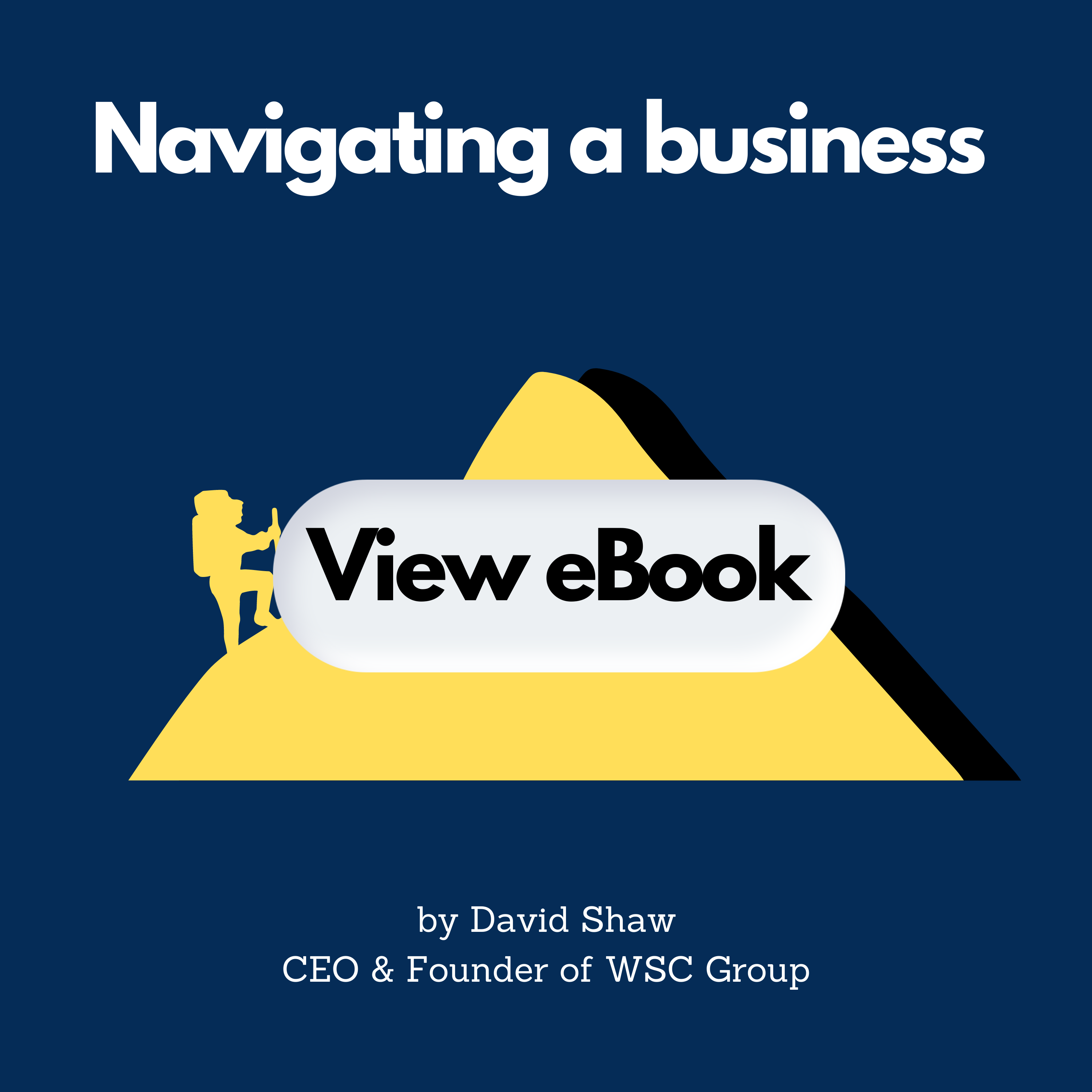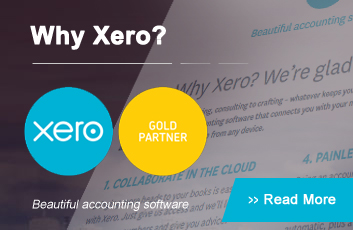You’re self-employed or have a side hustle – read this.
You’re a sole trader with an ABN, working for a construction company or two. You have an online business creating social media marketing content. You provide consulting services through a pty ltd company. In each of these cases, the income you earn is more than likely to be personal services income (PSI).
If you buy and on-sell products on Amazon or eBay, it probably isn’t. Maybe you manufacture clothing, candles, cards, or something else, and sell through your website. That’s also likely not to be PSI.
When your income is PSI, the PSI rules apply. What that means is you personally have to pay tax on all of that income (so you can’t invoice via a company and retain it there, taxed at the reduced corporate tax rate), and deductions are limited. Essentially you claim deductions that would be allowed if you earned the income as wages or salary (so for example, you can’t claim wages to an associate, e.g. spouse, or super contributions for them for admin assistance they might provide, and accelerated depreciation won’t apply).
But, if you pass one of four tests, you might be a Personal Services Business (PSB), in which case the PSI rules don’t apply and you treat your income largely like a regular business.
One relatively popular test is the unrelated clients test – which the ATO have recently clarified its approach to interpreting and enforcing. To pass this test, a worker must provide services to two or more clients who are not associated with each other or with the worker. The services must also be provided as a direct result of making offers to the public at large. (Concurrently, each client must represent no more than 80% of your total income.)
Up until now, taxpayers relying on the unrelated clients test might have had a website or social media business presence, to show they make direct offers to the public to provide their services. The ATO’s review of this (as outlined in a recent tax ruling TR 2022/3) tightens the requirement such that, unless you can show that the clients you service engaged you as a direct result of advertising on your website or social media account, you may not meet the Unrelated Clients Test and, consequently, may not be a PSB.













